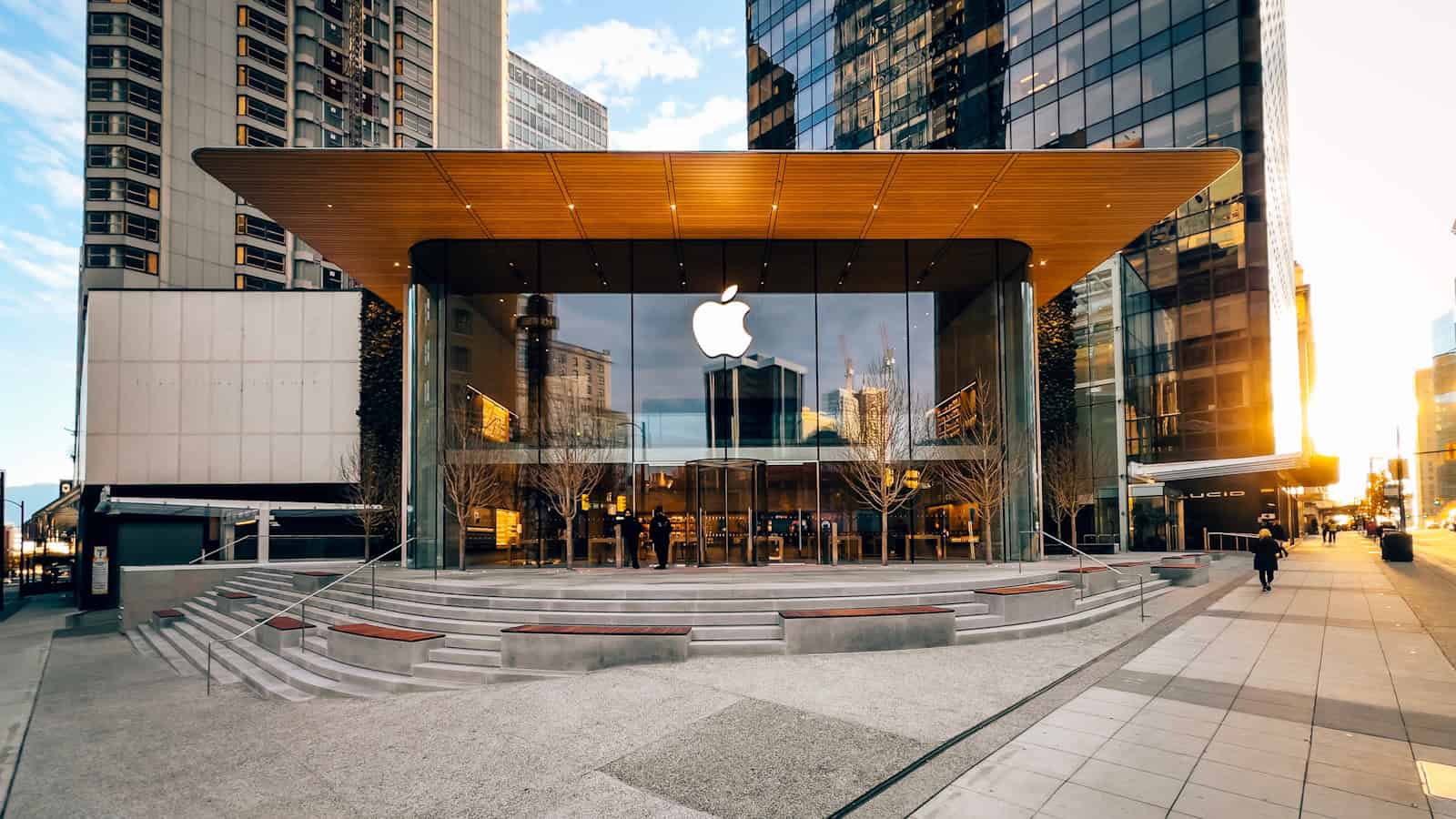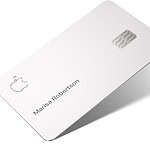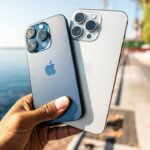When you purchase an iPhone, it comes with an Apple Limited Warranty. This warranty covers your iPhone for manufacturing defects beginning from the original purchase date. Apple provides this coverage under various laws of the country where the purchase was made. If you find an issue with your iPhone within this warranty period, you can seek service and support from Apple.
Sometimes the standard warranty might not feel like enough. For additional peace of mind, Apple offers AppleCare and AppleCare+ plans which extend your service coverage and add protection for accidental damage.

1. What the Warranty Covers
When you buy a new iPhone, Apple includes a one‑year limited warranty at no extra cost. This warranty covers certain types of issues but has important limitations. Knowing what’s included (and what isn’t) can save you time, money, and frustration.
Apple’s One (1) Year Limited Warranty covers:
- Hardware defects: Problems caused by manufacturing faults (e.g., faulty buttons, speaker issues, power problems).
- Battery defects: If your iPhone’s battery capacity drops significantly due to a manufacturing defect (not normal wear).
- Accessories included in the box: Such as the charging cable or power adapter, if defective.
2. What the Warranty Does NOT Cover
The warranty doesn’t cover:
- Accidental damage: Drops, cracked screens, liquid damage.
- Normal wear and tear: Battery aging, cosmetic scratches, or dents.
- Unauthorized modifications: Damage caused by third-party repairs or non-Apple parts.
- Software issues: iOS bugs are fixed via updates, not warranty claims.
3. How Long It Lasts
- Duration: 1 year from the date of purchase.
- Region-specific rights: Consumer protection laws in your country may provide additional rights beyond Apple’s warranty (source: Apple Warranty).
4. How to Check Your Coverage
You can quickly check if your iPhone is still under warranty:
- On your iPhone: Settings > General > AppleCare & Warranty
- Online: Enter your serial number at Apple’s Check Coverage page
5. How to Get Service
If you need warranty service:
- Contact Apple Support (online or via the Apple Support app).
- Visit an Apple Store or Authorized Service Provider.
- Mail-in service may be available, depending on your region.
Apple will either:
- Repair your iPhone with new or equivalent-to-new parts, or
- Replace it with a new or refurbished iPhone of the same model.
6. Extended Coverage: AppleCare+
While the limited warranty is free, AppleCare+ is a paid plan that adds:
- Extended coverage beyond the first year.
- Accidental damage protection (with a service fee).
- Priority support from Apple.
Quick Reference Table
| Coverage Area | Apple Limited Warranty | AppleCare+ (Paid) |
|---|---|---|
| Hardware defects | ✅ Yes | ✅ Yes |
| Battery defects | ✅ Yes | ✅ Yes |
| Accidental damage | ❌ No | ✅ Yes (service fee applies) |
| Duration | 1 year | Up to 2–3 years (depending on plan) |
| Support | Standard | Priority support |
Bottom Line
- The Apple Limited Warranty is a safety net for manufacturing defects during your first year of ownership.
- It does not cover accidental damage or normal wear.
- If you want extra protection (especially for drops or water damage), AppleCare+ is worth considering.
Key Takeaways
- Apple includes a Limited Warranty with each new iPhone.
- Extended coverage is available through AppleCare and AppleCare+.
- Service options are available for eligible iPhones experiencing manufacturing defects.
Warranty Coverage and Duration
The iPhone Limited Warranty includes protection against defects in materials and workmanship. This coverage is standard for Apple Branded Hardware Products.
Scope of Coverage
The Limited Warranty covers your iPhone if it has a material or workmanship defect. It does not cover damage caused by accidents or unauthorized modifications. Apple guarantees the iPhone will be free from defects in materials and workmanship at the time of its original retail purchase by the end-user purchaser.
Warranty Period
By default, every new iPhone comes with a one-year Limited Warranty. This warranty period starts on the purchase date of the product. The warranty is in addition to rights provided by consumer law. Under consumer law, you may have greater rights depending on your jurisdiction. Apart from the statutory warranty, certain jurisdictions may provide an implied warranty of merchantability or fitness for a particular purpose. However, the duration of implied warranties, if any, varies by jurisdiction and may be limited to the duration of the statutory warranty.
Service Options and Exclusions
This section outlines the specifics of service procedures and what is not covered under the Apple Limited Warranty for iPhones.
Repair and Replacement
Apple offers a one-year limited warranty which includes options for repair and replacement. Customers can seek service in several ways:
- Carry-In: Bring the iPhone to an Apple Retail Store or an Apple Authorized Service Provider.
- Mail-In: Contact Apple support for a shipping box and send the iPhone to an Apple Repair Center.
- DIY Parts Service: For some repairs, Apple might send parts to the customer to fix their own devices.
The warranty covers manufacturing defects and hardware failures. It does not cover accidental damage, misuse, or abuse. If iPhone batteries wear down from normal use, they are not covered under the warranty. However, customers with AppleCare+ may have their battery serviced at no additional cost if it retains less than 80 percent of original capacity.
Service Limitations
Service will be limited or denied if:
- The issue is due to aging or normal wear and tear.
- Consumable parts like batteries have depleted from regular use, except as noted above.
- The iPhone has non-Apple branded parts or damage from third-party products.
- There’s evidence of misuse, abuse, or accidental damage.
Customers are responsible for backing up data before service. Apple won’t cover data loss or transfer. Technical support provided through AppleCare+ includes priority service but doesn’t extend to issues stemming from software not supplied by Apple. Service fees apply for non-warranty issues.







